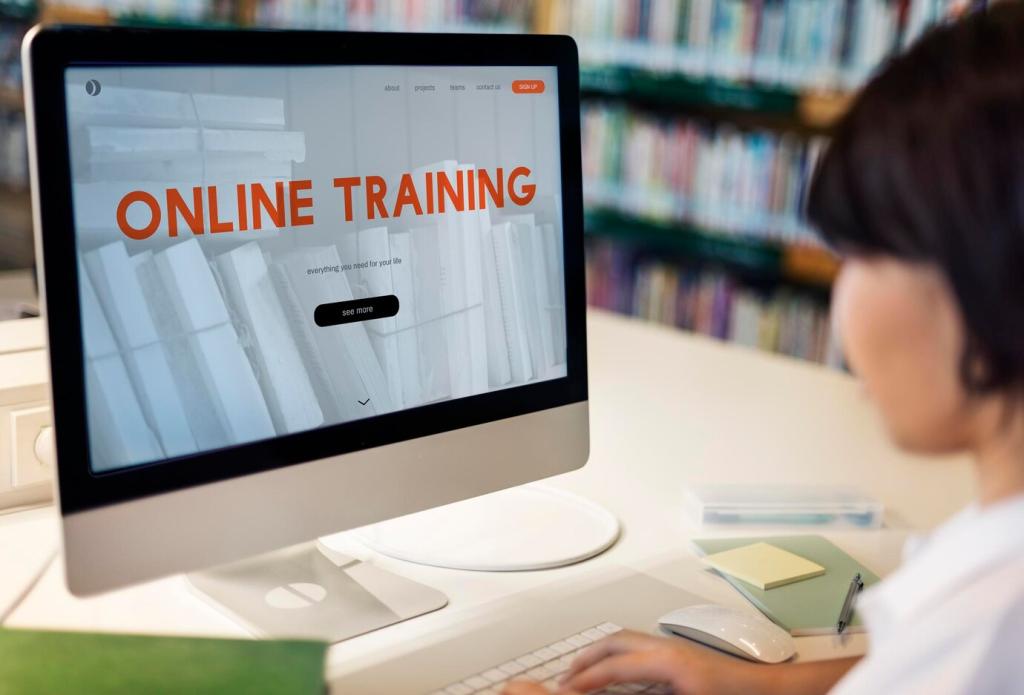
Together Apart: Fostering Team Collaboration in a Remote Environment
Chosen theme: Fostering Team Collaboration in a Remote Environment. Welcome to a friendly space for practical plays, candid stories, and human-first strategies to help distributed teams thrive. Share your experiences in the comments and subscribe for weekly field-tested ideas that make remote collaboration feel natural.


Trust Is the Remote Team's Operating System
Remote teammates judge reliability by visible artifacts: timely updates, clear pull requests, documented decisions, and respectful replies. Make your work observable so collaboration feels safe, predictable, and worth investing in together.
Trust Is the Remote Team's Operating System
Shrink commitments into weekly milestones, track them in shared boards, and close the loop publicly. Each kept promise compounds trust, reducing coordination drag and unlocking faster, healthier collaboration across your remote environment.
Communication Rhythms That Beat Meeting Fatigue
Asynchronous First, Synchronous When It Matters
Default to written proposals, recorded walkthroughs, and annotated mockups. Reserve live calls for decisions or sensitive topics. This balance lets teammates contribute thoughtfully despite time zones and varying energy patterns.

Tools That Feel Like Rooms, Not Silos
Adopt whiteboards and docs with multiplayer cursors, comments, and version history. Co-create in real time when necessary, then leave a durable artifact others can explore asynchronously at their best moment.


Tools That Feel Like Rooms, Not Silos
Treat your wiki like a product: searchable, structured, and maintained. Decisions, playbooks, and onboarding guides prevent repeat questions and empower new teammates to contribute without waiting for a meeting invite.
Time Zones as a Feature, Not a Bug
Close each workday with a concise handoff note: context, current state, next step, and a single owner. Waking teammates pick up smoothly, turning 24 hours into a collaborative continuum.
Time Zones as a Feature, Not a Bug
Protect one to two overlap hours for the team’s most collaborative moments: decisions, conflict resolution, and rapid brainstorming. Guard this window fiercely, and cancel anything that could live asynchronously without harm.

Psychological Safety in Slippers
Normalize Questions and 'I Don't Know'
Create rituals where curiosity is celebrated: demo days with Q&A, office hours, anonymous question forms. When uncertainty is welcomed, collaboration improves because risks and gaps surface early, not at launch.
Feedback That Lands Softly but Sticks
Use SBI or similar frameworks to give clear, kind feedback. Pair critique with examples and support. Over video, tone matters—slow down, breathe, and confirm what was heard before moving forward.
Leaders Who Model Vulnerability
Share your own drafts, doubts, and learnings publicly. When leaders narrate their thinking and mistakes, teams mirror the behavior, accelerating collaborative problem solving and reducing fear-driven silence in remote environments.
Rituals That Bind Without Being Cringey
Start weekly kickoffs with personal check-ins, not status recitations. Rotate fun prompts, like favorite neighborhood walks. These micro-rituals humanize collaboration and remind everyone a real person sits behind each avatar.
Celebrating Wins and Learning Publicly
Create a #wins channel and a #learning-log for experiments. Shout-outs and retros build momentum, spread knowledge, and reinforce that collaboration is a team sport, not a solitary hero narrative.
